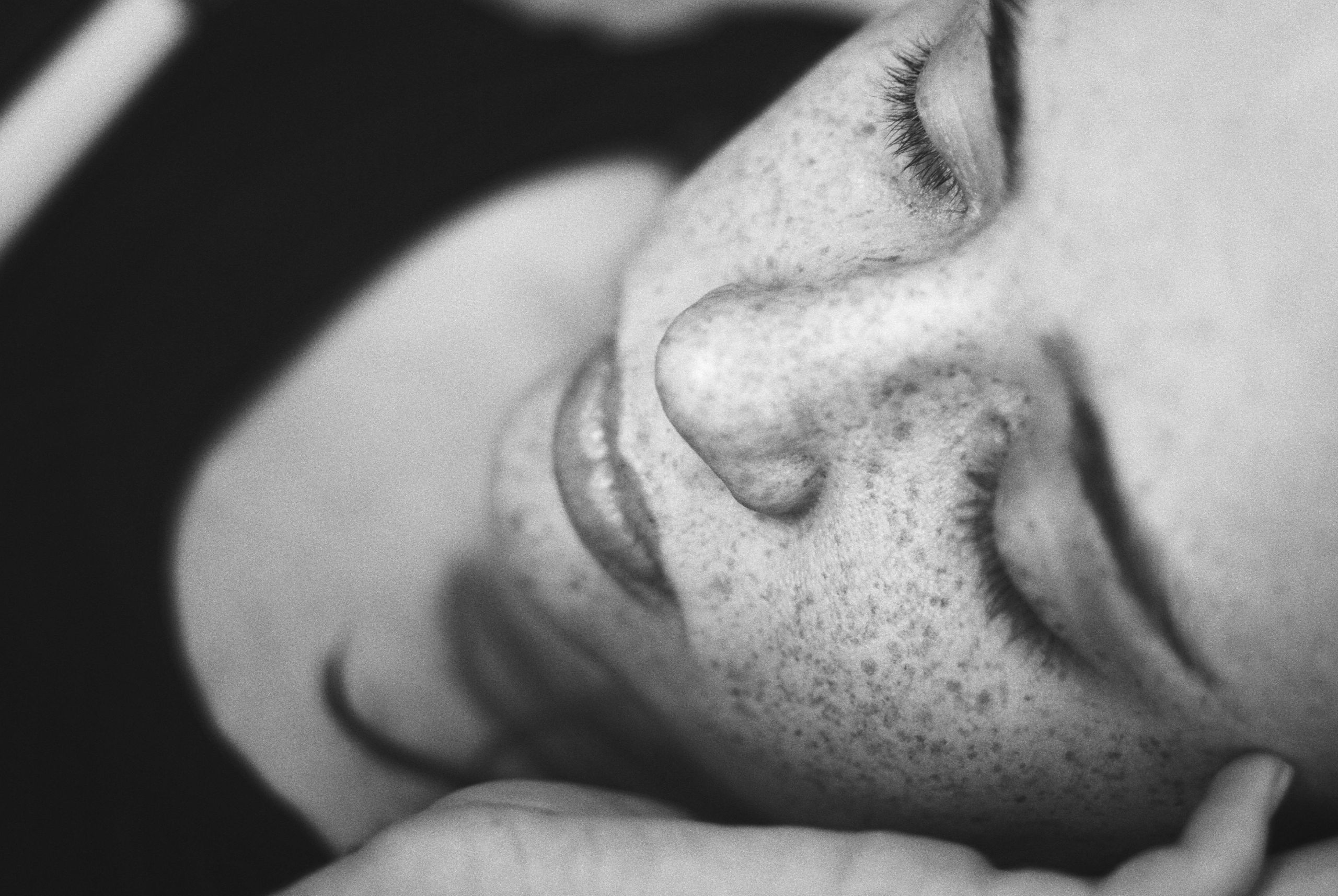Migraine and pregnancy – everything you need to know
When you are pregnant and suffer from migraines, there are some common worries. What medicine can I use? Will my attacks change? Will I get attacks post partum?
This article explores what happens to your body when pregnant, how to treat an attack, post partum changes and much more.
Everything you need to know about migraine and pregnancy is right here.
Pregnancy changes your hormones and body
When pregnant, your body undertakes a massive assignment in creating a new life. Significant hormonal changes occurs to your body as oestrogen levels increase. Some will experience a decrease in migraine attacks while others unfortunately can experience an increase.
You also gain weight during your pregnancy, especially during your last trimester. This can put pressure on your body and ligaments and results in muscle tensions.
The hormone relaxin can also cause problems although the hormone is designed to help relax uterine muscles during pregnancy. It also helps the uterus expand to make way for the growing fetus and loosens the ligaments in the pelvis in order to prepare for childbirth. It is a helpful hormone but as your ligaments get looser it can also create muscle tensions in your body because you walk and sit differently. And unfortunately, we know that tensions can lead to a migraine.
If you are affected by migraine, identify your triggers using our Migraine Calendar. Triggers such as muscle tensions, stress, lack of sleep, missed meals or dehydration are important to avoid when pregnant. However, you can’t control the hormonal triggers to your body while pregnant.
Medication during pregnancy
Health care professionals recommend avoiding medication during pregnancy if possible. However, you should definitely not suffer in pain during your pregnancy. Stress from having pain is not good for the baby either so do not feel guilty if you need to take medication during your pregnancy.
If you are using preventive medication or treatments, remember to ask your health care professional if you can still take these during pregnancy. Recommended medication during pregnancy are usually made with caution. The evidence of the safety of drugs are collected from experience as you usually don’t test medication on pregnant women.
Nevertheless, I again want to emphasize that a migraine can lead to a stressed body and mind – i.e. sleep deprivation, not eating, dehydration etc. This is not good for you nor your baby. I know, I am repeating myself but take your medication if you need to. And of course keep track of how often you need to take medication by keeping a Migraine Calendar.
How to avoid a migraine attack during pregnancy
When pregnant, you want to avoid a migraine at all costs. And wouldn’t it be great if you could avoid taking medication as well?
A lot of women find relief in alternative treatments during their pregnancy. Treatments such as massage, acupuncture, homeopathic remedies and reflexology can alleviate unease or pain.
As with traditional medicine, you should beware that some homeopathic remedies and reflexology / acupuncture points are not recommended during pregnancy. Most qualified practitioners are aware of this. Also inform your health care professional about which alternative treatments / remedies, you are getting.
Others benefit from doing prenatal yoga, swimming or other types of exercise. If you think that food can be a migraine trigger for you, maybe now is a good idea to exclude certain foods from your diet?
How to treat a migraine attack during pregnancy
As previously written, recommended medication for pregnant women are made with caution. I am also not aware of your personal medical history and other conditions, so you should always consult your healthcare professionel before taking medication.
Paracetamol is considered safe during pregnancy and should be taken at the earliest signs of a migraine attack. The triptan called Sumatriptan is the recommended triptan to use during pregnancy as there is enough evidence showing that this triptan does not affect the baby.
Other ways to treat your migraine attack include heat or cold masks, breathing exercises, sleep, food and water. If your migraine stems from muscle tensions, ask your partner to give you a massage. And when the attack is over and you have more energy, do some yoga to get rid of the tensions in your body.
Life as a migraine sufferer post partum
I am not gonna lie! Postpartum is no joke! You just had a baby and everything feels different. Some bodies will react heavily to this change. You are exhausted, perhaps you are breastfeeding, less sleep and your body is recuperating after a pregnancy and birth.
When I had my first child, I had several migraines soon after. I think it was my body’s way of saying “what the hell is going on?!”. I was tired, hormonal, trying to get breastfeeding going, my post partum body was aching etc. For other women, the migraine does not return until they get their period. As we all know, it is very individual what triggers a migraine.
Personally, my babies got both breast milk and formula. This meant that my partner could take over when I had a migraine. One of my migraine triggers is sleep deprivation so if I got a night of practically no sleep with the baby, my husband or my mom could take over so I could get some sleep.
If you want to stick to only breastfeeding, Sumatriptan is considered safe to use. If you want to be extra careful of not passing the tiny dose of medicine to your baby, you can pump for 24 hours and discard the milk. However, make sure to have breast milk in the freezer for such occasions. Although you have a migraine, it can be advantageous to express or pump milk at the usual feeding times to prevent your milk production from falling.
If you don’t want to take medicine, you can have your partner bring the baby to the bedroom when it’s feeding time and once you’re done, go back to sleep.
Self care is key
As a mom, you want to do it all. You want to be the best mom possible but that requires that you take care of yourself. Here are 4 ways to take care of yourself post partum:
- Ask for help if you feel an attack is coming your way. If help is not possible, rest/sleep when the baby is sleeping. I had a lot of naps with my sons and although I had a migraine, it was also wonderful quality time. And my babies actually took longer naps when I slept next to them.
- Delegate work or household tasks if possible. Also lower your standards and accept that your house will become messy when having a child.
- Plan ahead – set a daily, non-stressful routine with the baby. Keep track of your triggers and patterns by using a migraine calendar so you can avoid migraines as much as possible
- Get someone to look after the baby so you can do something nice for yourself, e.g. get a massage, go shopping, sleep, see a friend, take a long, warm bath etc.
As a mom, you are constantly hit with a bad conscience if you are not 100% there for your child. As a migraine sufferer, this can prove to be extra difficult.
The key take away I want you to have from this article is to always put on your own oxygen mask. And what do I mean by this? I mean that you have to take care of yourself before you can take care of anybody else. So take good care of yourself while pregnant and post partum. You and your baby deserve it.

About the author: Linda C.
I have been suffering from chronic migraines and headaches for more than 20 years so unfortunately, I know a thing or two about migraines.
I hope that by sharing knowledge and insights about migraine, you can manage the disorder more efficiently.



